Career Exploration
Majoring in English helps you develop transferable skills—skills that are not tied to a particular vocation but can be valuable in almost any career. According to a recent survey of more than 300 major employers, these skills include the ability to: communicate effectively, think critically, solve complex problems, collaborate across diverse group settings, innovate and be creative, and research efficiently.
With those skills and real-world experience in hand, English alums are succeeding in a wide variety of careers.
What Can I Do With a Major in English?
Check out the wide range of careers leading out of the study of English. For expert help investigating careers, writing your resume, preparing for interviews, or learning about graduate or professional school, visit CLA Career & Internship Services.
.

Rylee Ahnen, Oregon Education Association: “I spend a great deal of time thinking about how my work can influence the public narrative around education in my state in order to improve the lives of Oregon’s students. And at its core, that’s what the English program is focused on: Exploring the history and use of the written word helped me think more critically about the language I use and the stories I work to amplify.”
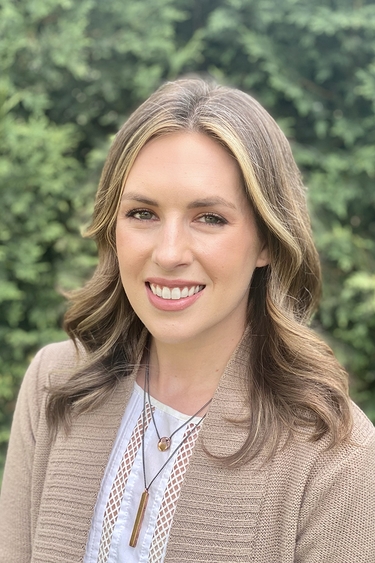
Ashley Alexander, Consultant, Xcel Energy: “A good portion of the work involves identifying themes and then outlining them in a compelling narrative for a variety of audiences. An example would be analyzing employee engagement survey scores and comments, interpreting the themes, and telling a story about what the results reveal about the state of our organizational culture to employees and leaders. These are skills that I cultivated in my English literature undergrad program.”

Shirin Ahsan Ali, Commercial Real Estate, US Bank
"Developing reading and writing skills has enabled me to communicate more effectively the 'story behind the numbers.' Individuals who major in English are at a tremendous advantage when working in a field such as finance and banking. I see myself as a narrator of financial data: through all the cycles in an industry I can tell a story."
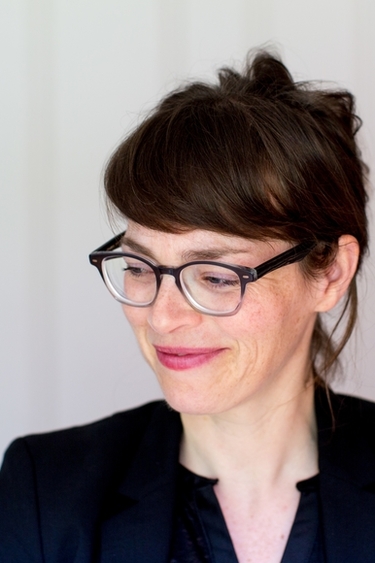
Emily Baxter, We Are All Criminals: “My time in CLA gave me a deeper love of literature, and through it, a richer appreciation for the experiences, ideas, and complex inner worlds of others—a hunger not just to hear someone's story, but to better understand them through it. I work to highlight injustices within our juvenile and criminal legal systems, amplifying the voices and stories of people most impacted.”
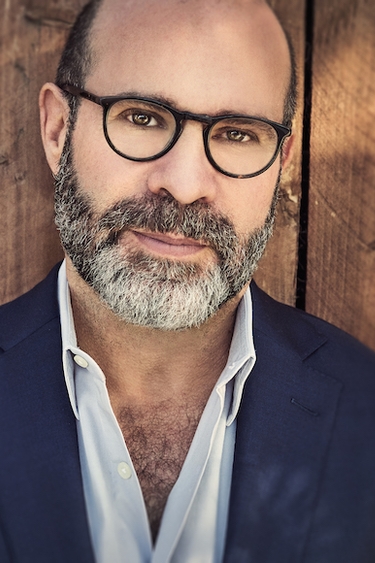
Scott Z. Burns: “The great thing about a liberal arts education is teaching you to be curious about the world. The exercise of curiosity is something that you really only find in the humanities and in liberal arts. To some degree in science, but science has a different master to serve.”

Martin Cech, Synapse Medicine: “This sort of job is a literature major's dream. I spend lots of time reading and synthesizing what's going on in the world of healthcare and structuring that information into insights and plans for the business. There's no shortage of interesting things to do in the world, and there's lots of demand from the organizations doing these interesting things for fast learners, quick readers, critical thinkers, and good writers.”
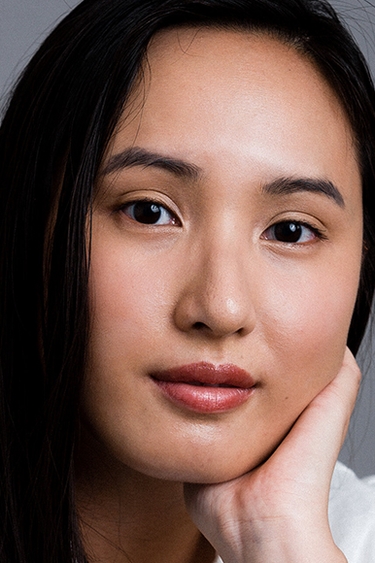
Catherine Dang, Nice Girls (William Morrow): "I’m really glad I took those creative writing classes! I was always shy about my writing, and I was terrified of criticism. But the feedback sessions were useful. I finished writing a whole screenplay. I realized I could tell a coherent story from start to finish. A huge chunk of the English major is learning how to build an argument, how to persuade, and how to anticipate counterarguments."
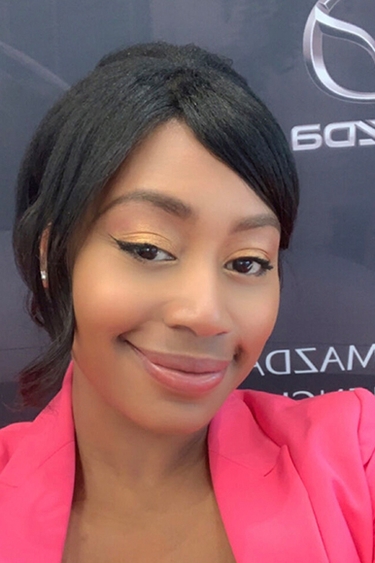
Lerea Graham, Hello Mazda Valencia: “You're not just in charge of sales, you're in charge of service, accounting, used cars, so many different things. It's a lot about communication. So much to do with critical thinking. It's all part of that skill set that I learned at the U. Knowing how to get the information. Then taking that knowledge and making it effect change on a larger scale. And that part of it's really, really fun.”
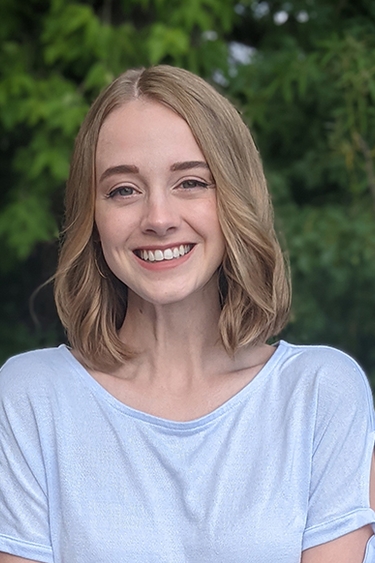
Lauryn Heineman, Llewellyn Worldwide: “I’m so grateful for the experiences during undergrad that were instrumental in preparing me for this position. I love being the author’s cheerleader, and helping turn their idea into a physical object. It’s rewarding to be so heavily involved in the direction and production of these projects.”

Libby Jacobson, Taft Stettinius & Hollister: “English is definitely a good major for the legal profession. I practice corporate and real estate law, so I am not writing as much as a litigator–but I do need to understand and explain what certain provisions in different agreements mean. Also law school and the legal practice involves a lot of reading.”

James Johnson, formerly with Adaptive Insights: “Financial analysis is not particularly useful if you cannot turn your analyzed data into useful information you can communicate to your audience. English majors focus their energy on reading critically, forming well-reasoned opinions, and communicating clearly. These skills are highly applicable to a career in finance.”
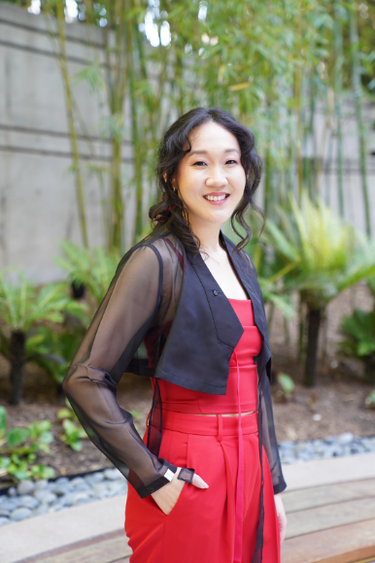
Naomi Ko: “I am a filmmaker, comedian, and writer. I serve as a community leader, teaching artist, and cultural producer empowering Asian Minnesotan artistic voices. My time in CLA taught me that my story mattered, with special thanks to the mentorship of incredible professors who nurtured my passion and ambition, [including] Professor Jo Lee."
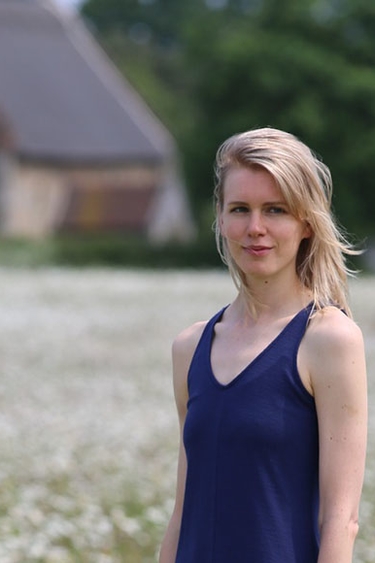
Sarah Meyer, Meta: “Working as a content designer (one title among several for someone who works on the user experience of digital products) is a great career fit for English majors who enjoy collaborating with a variety of disciplines (product designers, researchers, data scientists, software engineers, among others) and working on challenges that require critical analysis and creativity to solve.”
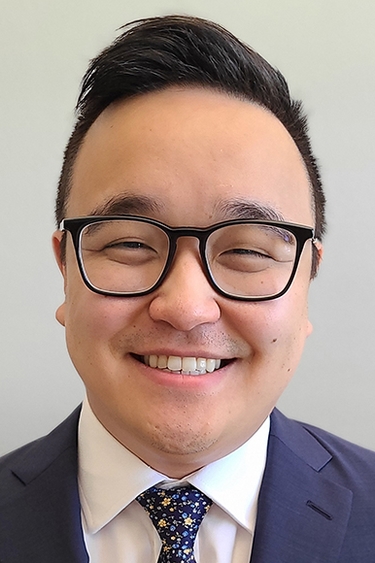
Bryant Park, Senior Associate Director of Career & Professional Development, University of South Carolina School of Law: “Much of my role involves reviewing application materials and creating written communication that must be clear and concise. Without my study of literature, I would not be as well equipped to handle these responsibilities. Minnesota’s community-engaged learning focus laid the foundation that led me to a career where I could help others in their career paths.”
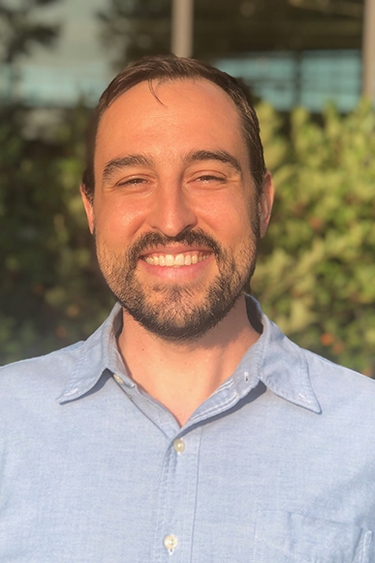
Ian Reinl, Hennepin County Library: "Librarianship is an excellent career fit for English majors; it uses many of the skills learned from the study of literature. It has also been great helping others learn. Whether it’s a kid looking for their first book about feelings or sloths, or a patron learning how to build a LinkedIn profile, getting people the information they need to grow and enrich themselves is highly rewarding."

Allison Vincent, UMN First-Year Writing Program; teaching artist: “I love helping people express themselves. Enabling students or actors to find joy in analyzing literature, being able to make and defend their points, and understanding how to critically examine what is being presented as research in all forms of media consumption.”